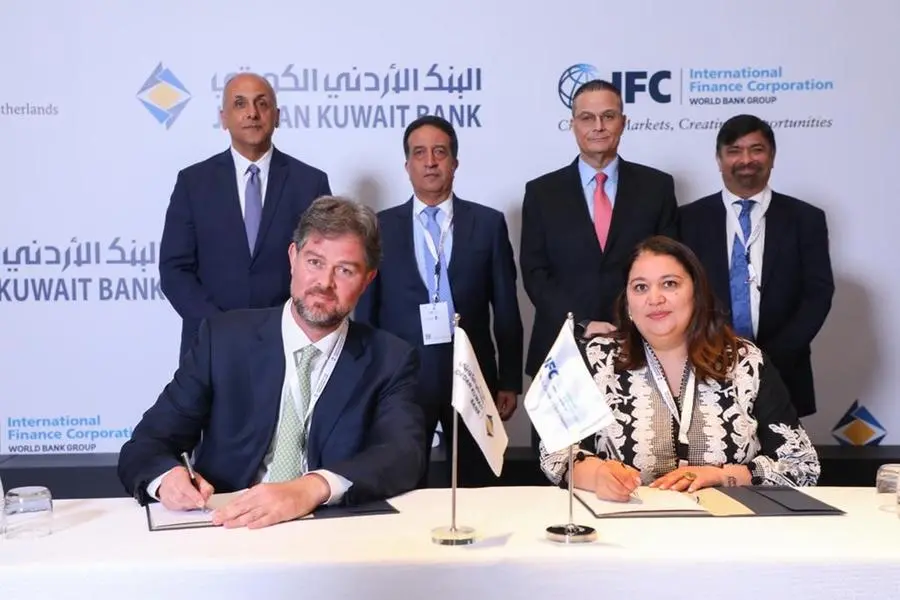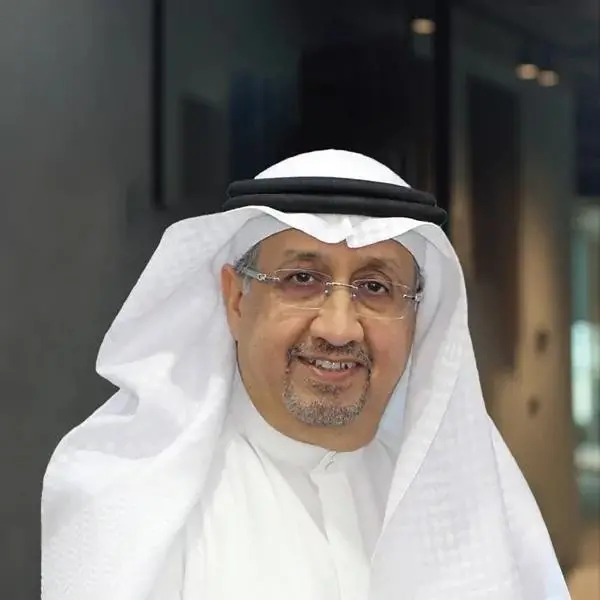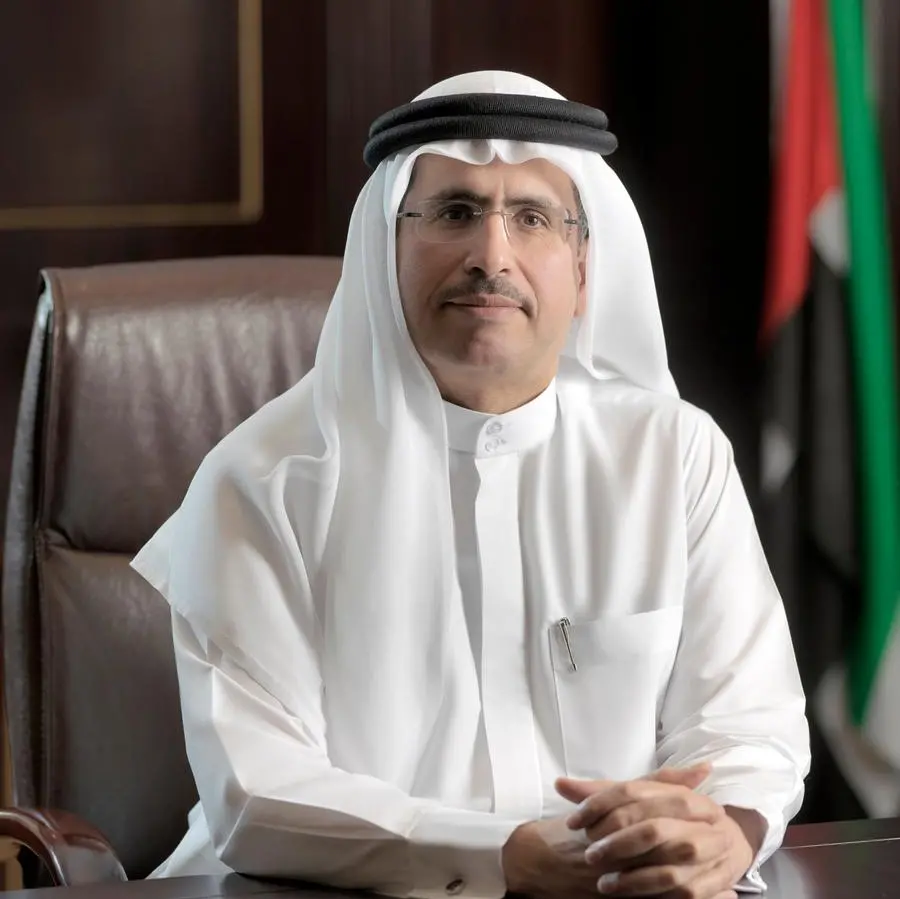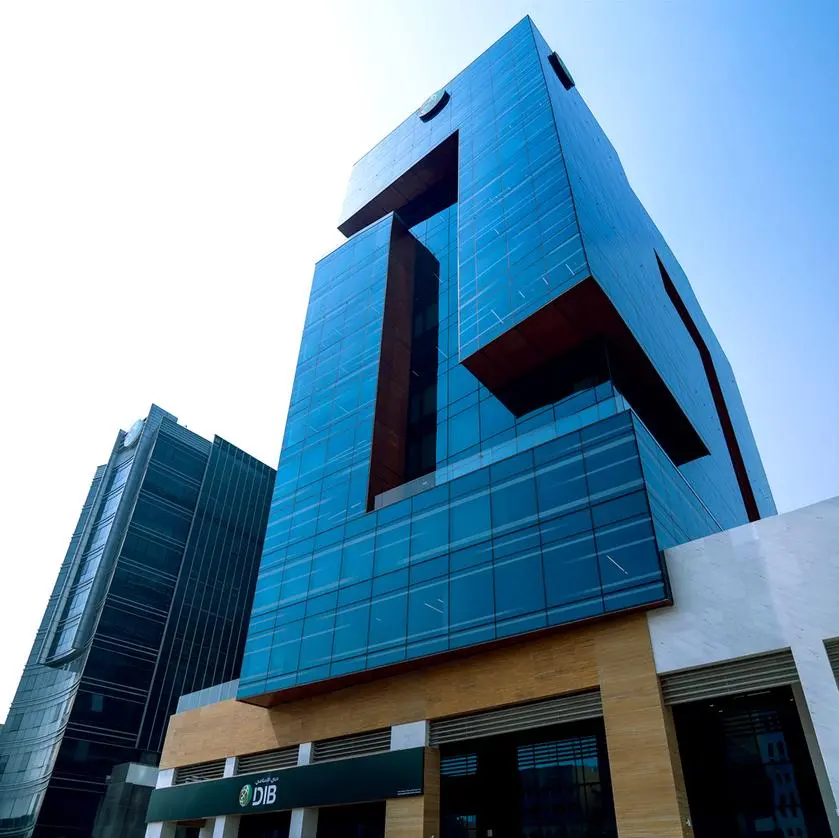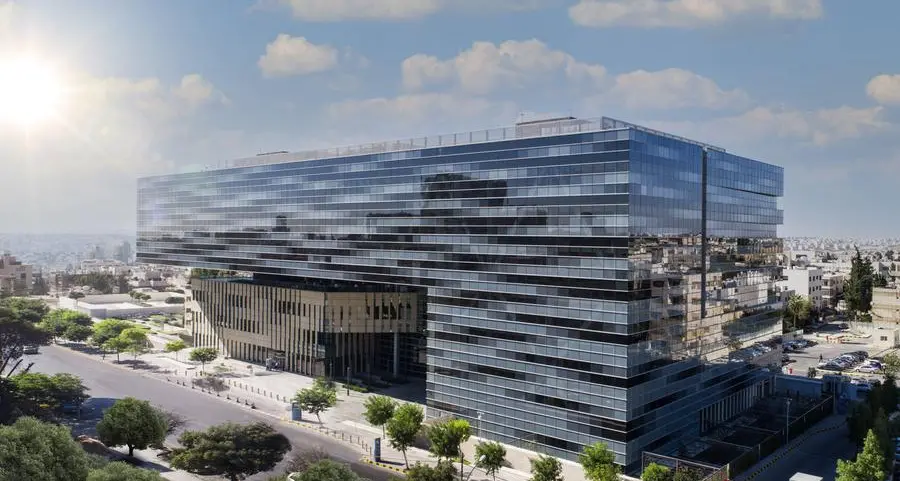PHOTO
Amman, Jordan — IFC’s pioneering investment in Jordan’s first green bond will help fund green projects in the country, addressing growing climate challenges and supporting sustainable economic growth.
IFC is investing up to $50 million in the five-year bond, issued by leading private sector bank Jordan Kuwait Bank (JKB). The financing comprises up to $36 million from IFC’s own account, and a blended finance co-investment of up to $10 million from the Canada-IFC Blended Climate Finance Program and $4 million from the Dutch-funded MENA Private Sector Development Facility, both implemented by IFC.
Jordan’s first green bond will be fully compliant with the International Capital Market Association’s green bond principles, which offer best practices to issuers with regard to transparency and disclosure.
JKB will earmark the proceeds for green projects and assets – including renewable energy projects, low-carbon vehicles, green infrastructure such as low-carbon transport, new energy-efficient green buildings, and sustainably managed water resources and waste.
IFC’s advisory services will also help build the bank’s technical capacity so it can identify eligible projects and develop a framework to measure and report on impact.
“We are introducing a new asset class to the Jordanian capital market that is designed towards building an environmentally sustainable and responsible banking industry. This partnership with IFC supports JKB’s strategy in advancing its positioning and adaptability to the correct and potential demand for sustainable financing by providing innovative financing solutions in the Jordanian market. This significant initiative further aligns with Jordan’s Economic Modernization Vision in which sustainability is a cornerstone of this vision,” said Haethum Buttikhi, CEO of Jordan Kuwait Bank.
Jordan, one of the world’s most water-stressed countries, is facing severe climate change risks, aggravated by inconsistent rainfall, higher temperatures, and a population increase driven by the current refugee influx. Despite this, green and climate finance are still nascent in the country and there is no green bond market.
“Mobilizing private sector financing and exploring innovative financing options for climate mitigation and resilience projects are crucial to address the drivers and impacts of climate change,” said Khawaja Aftab Ahmed, IFC Regional Director for the Middle East, Pakistan, and Afghanistan. “We hope this first green bond will not only promote climate-smart, sustainable projects in Jordan, but also set the standard for green bonds in the market and encourage others to follow suit.”
According to the World Bank Group’s Country Climate and Development Report, Jordan needs $9.5 billion in investments to move toward low-carbon development and foster a greener economy. Over 60 percent of that figure will need to come from the private sector.
IFC has contributed to Jordan’s private sector development for half a century and invested more than $2 billion in the country. IFC’s presence has helped deliver pioneering projects, including the region’s first-of-its-kind Project Pipeline Development Facility, Jordan’s first wind farms, and its largest renewable energy project at the time, Seven Sisters.
-Ends-
About IFC
IFC — a member of the World Bank Group — is the largest global development institution focused on the private sector in emerging markets. We work in more than 100 countries, using our capital, expertise, and influence to create markets and opportunities in developing countries. In fiscal year 2022, IFC committed a record $32.8 billion to private companies and financial institutions in developing countries, leveraging the power of the private sector to end extreme poverty and boost shared prosperity as economies grapple with the impacts of global compounding crises. For more information, visit www.ifc.org.
About the Canada-IFC Blended Climate Finance Program
The Canada-IFC Blended Climate Finance Program aims to mobilize private capital for global climate action and reflects Canada's commitment under the 2015 Paris Agreement to support developing countries in their transition to sustainable and resilient low-carbon economies. For more information on Canada’s investment in global climate change action, visit [Canada’s climate finance for developing countries (international.gc.ca)]
About the Middle East and North Africa (MENA) Private Sector Development Facility
In 2020, IFC and the government of the Netherlands launched a pioneering multi-sector program in Jordan and MENA to help create a stronger private sector, unlock new markets, support entrepreneurship, and create jobs. The $70 million IFC-Netherlands partnership includes a dedicated $22 million blended finance facility, Alafaq Aljadida (New Horizons), to help reduce the risk profile of projects with high development impact.
Stay Connected
www.ifc.org/mct
www.facebook.com/IFCmena
https://twitter.com/IFC_MiddleEast
https://www.linkedin.com/showcase/ifc-middle-east/
www.youtube.com/IFCvideocasts
www.ifc.org/SocialMediaIndex
